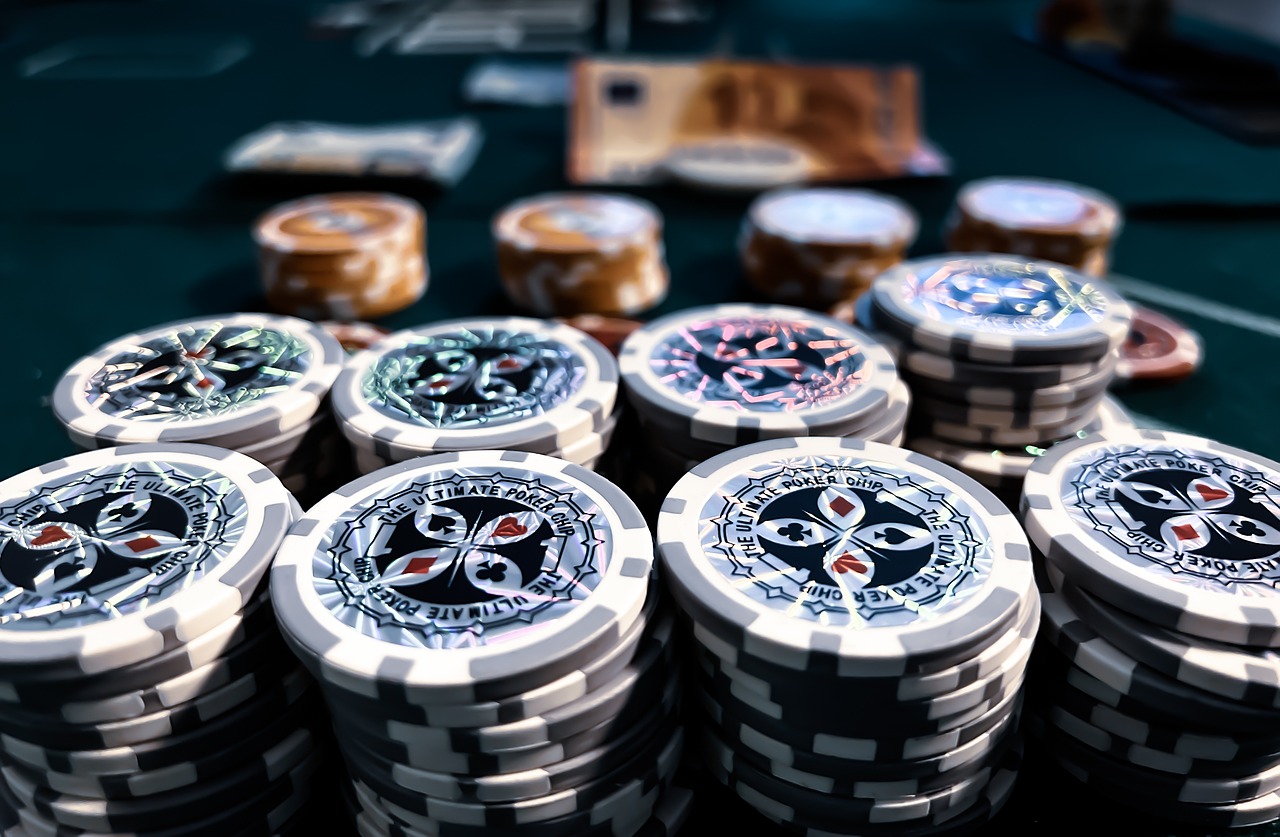Why Being Perfect at Poker Is Impossible
Being a master of poker is a dream of many, with the status, the winnings, the sense of accomplishment, and the claim to fame that comes with it. Despite experience and strategy, however, what’s undeniable about the game is that even the best of the best lose every so often.
No matter how much we study the game, take well-deserved breaks by scouring casinoscom, refine our skills, and employ strategies to tip the scales in our favour, we can’t forget that poker is still in the end a gamble. With so much of the outcome based on the cards you’re dealt, as well as unexpected decisions and bluffs, we’re ultimately at the mercy of chance.
If you’ve been down on yourself because of a losing streak or are on a winning high right now and dreading the comedown, we’re here to reassure you that perfection in poker is unattainable. Why? See for yourself.
Poker Is Complex
Unlike slots, a game of pure chance, poker is touted as one of the most complex forms of gambling that relies on careful decision-making, psychological manipulation, timing, perfected skills—and a sprinkle of luck. This blend of luck, skill, and strategy might seem already complicated to amateur players, but the interesting part is that it only gets even more perplexing the deeper you get into the game. Along your journey to becoming a seasoned player, you’ll only become more familiar with the nuances, how to outsmart opponents, and how to analyse the pot odds, adding more and more layers into the mix.
Poker is an unpredictable game through and through, so it’s entirely possible for novice players to get lucky and veterans to lose out. The randomness of the cards is already a determining factor that introduces a frustrating yet exciting element of chance that makes every single game fun. While strong players can cushion the impact of a bad hand, luck won’t always be on their side in the end.
We Have Psychological and Human Limitations
What makes poker stand out from other casino games is that it has an evident psychological component to it. Just like in sports, for example, those human limitations are what keep people on their toes. Essentially, we’re vulnerable to our own mental and emotional biases and weaknesses, which means that neither strategy nor good luck will ever be the be-all and end-all of the outcome.
When someone is training for a big game of poker, they don’t just brush up on the rules, study the odds, and work on bankroll management—they also work on their emotional control, patience, hand positioning, and poker face. Not many games out there require such deliberate attention to these aspects. That’s because poor emotional management, an inability to read your opponents, and rushing into decisions can cause a complete breakdown in your gameplay. Therefore, the mental training is just as important as the strategy, so once you master it, you’ll be well on your way to becoming a well-respected poker player.
Opponents Are Unpredictable
What’s especially intriguing about poker is that the unpredictable play style of novice players can make it difficult to gauge what they’re going to do next. Whether it’s making big bets with a weak hand or other reckless decisions, these seemingly foolish moves can actually give them an unexpected leg up over whoever is at the table. More experienced players might fall into predictable patterns in poker, so these unconventional approaches can give beginners an edge. There’s almost such a thing as overtraining and overfamiliarity, where players will stay too true to convention and make no room for the element of unpredictability.
But let’s not forget about the tactics learned by experienced players. These players are used to playing the game, misleading opponents, deliberately changing their demeanour and being highly unpredictable themselves. They’re extremely familiar with how to throw people off and how to respond to the unfolding game. Attempts to read your opponents only go so far, as there’s constant psychological warfare going on among all the calling, raising, and folding.
The Game Continues to Change
The more a game changes and the more often it does, the more unpredictable it becomes and the more you have to re-familiarize yourself with it. While the fundamentals of poker haven’t changed, there have been developments when it comes to technology and the level of competition associated with it. Thanks to the rise of online poker, anyone, anywhere, and anytime can participate in a game via an app or website. What makes online poker so different from real-life poker is that it eliminates the in-person psychological aspect of the game we touched upon earlier.
We’re unable to read an opponent’s body language or exercise our own mind games, which completely change how the game is played. Shifting to a much more analytical and robotic style of play, we remove those human layers and the bluffing atmosphere that people are accustomed to. With no visual distractions and environmental factors to worry about, poker has become a game of pure strategy in this way.
Alongside this new level of availability, poker has seen a resurgence, introducing an increasing number of players at every level. There’s also more sophistication when it comes to insights and strategy, such as high-tech tools to help with better decision-making and hand analysis. But this doesn’t mean that poker has become an entirely new game—it simply means that there are countless ways to play it, all of which are still fundamentally impossible to perfect.

